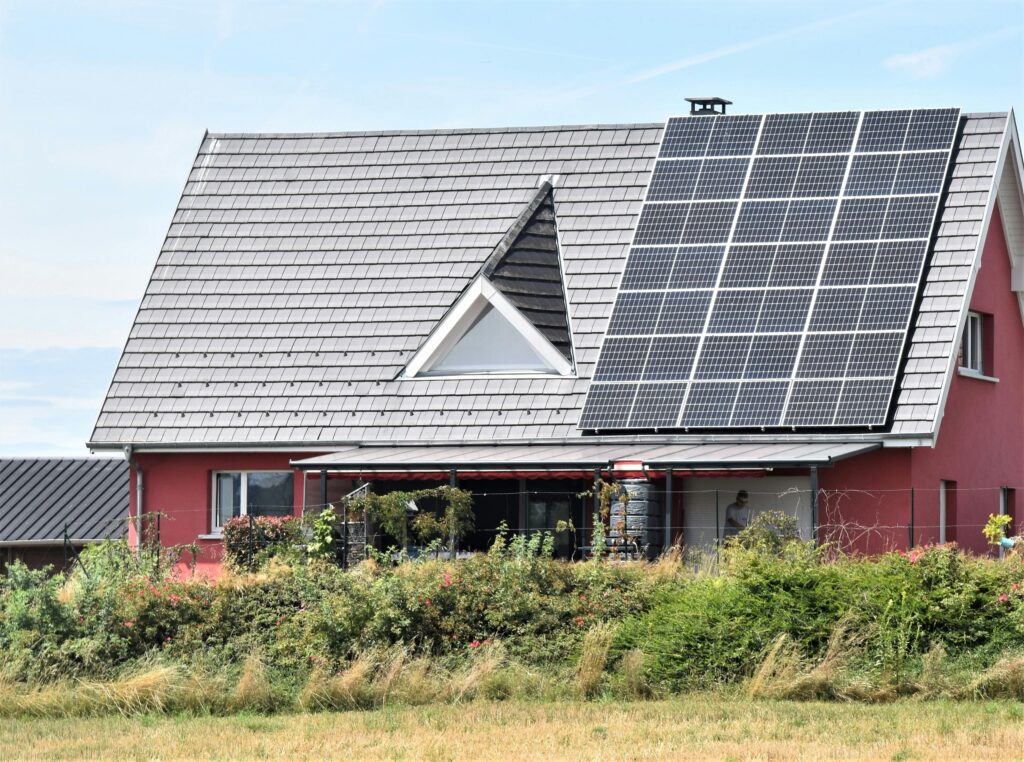Houston, Texas, continues to shine as a promising location for short-term rental investments. With a stable real estate market, high rental yields, and flexible regulations, the city has become increasingly attractive for Airbnb hosts and real estate investors alike. This guide walks you through the short-term rental (STR) landscape in Houston as of March 2025.
1. Understanding Houston’s Real Estate and STR Landscape
Houston’s real estate market has experienced consistent appreciation. Zillow reports a 1.00% appreciation rate, and the median home value currently stands at $264,626. With an average property tax rate of 2.13%, the city offers favorable economics for potential investors.
There are currently 10,384 active short-term rental listings in the Houston area. The average occupancy rate is around 49%, while the average daily rate is $196.80. These numbers translate to an average annual revenue of $29,300 and a strong gross rental yield of 11.07%, highlighting Houston as a lucrative market for STR investment.

2. Houston’s Regulatory Environment
Houston is a “Very Friendly” market for short-term rental investors and does not currently require a special permit to operate a short-term rental. However, this doesn’t mean that regulations don’t exist at all. Community-level rules, such as deed restrictions, HOA guidelines, or local ordinances, may still apply.
Houston does not enforce zoning restrictions in the traditional sense. Instead, land development is guided by ordinance codes administered by the Department of Planning and Development. Therefore, while zoning doesn’t limit STRs directly, operators must remain aware of rules set by neighborhoods or subdivisions that may enforce their own regulations.
There are no specific occupancy limits set by the city for STRs. However, general building safety standards—such as fire exits and proper ventilation—must be followed. Taxes do apply, especially hotel occupancy taxes, but these are often collected and remitted by platforms like Airbnb automatically.
3. Starting a Short-Term Rental in Houston: Step-by-Step
To begin hosting in Houston, you should first understand how land regulations work. While zoning laws are not in effect, other codes and ordinances, like the Hotel and Motel Ordinance, may apply based on your property’s use. Deed restrictions or HOA rules also play a significant role, depending on your property’s location.
Next, it’s essential to confirm whether your property is subject to deed restrictions or managed by a homeowners association. These can impact what kind of rental activity is allowed, whether certain types of guests are permitted, or even how long you can rent a unit. Most of these guidelines are enforced at the neighbourhood level, so it’s vital to get copies of your property’s deed restrictions from the County Clerk.
When it comes to documentation, Houston does not mandate any specific paperwork like a STR permit or neighbour notifications. Still, having all relevant documents—like proof of property ownership, insurance, and HOA compliance—on file can save time if questions arise.
In terms of health and safety, STR hosts are expected to maintain a clean and secure environment. While the city doesn’t have a dedicated checklist, platforms such as Airbnb recommend having smoke detectors, fire extinguishers, emergency contacts, and exit plans available for guests. Additionally, deed restrictions or HOA rules may include cleanliness, noise, and property maintenance standards.
Tax obligations are another important component. STR hosts must pay a 17% occupancy tax, which includes a 6% state tax, 7% city tax, 2% Harris County tax, and 2% Sports Authority tax. Platforms like Airbnb usually collect and remit these taxes on your behalf. However, if you manage your property outside of a platform, you’ll need to handle these filings and payments yourself.

Key Legal and Financial Takeaways
At present, no short-term rental permit is required in Houston, but property owners must ensure compliance with HOA rules, deed restrictions, and safety standards. General building regulations apply for occupancy, though no city-specific cap exists. Insurance is not mandatory but strongly advised.
Tax Responsibilities and Payment Schedules
The tax structure for STRs includes several overlapping components. The Texas State Hotel Occupancy Tax of 6% must be paid monthly if your collections exceed $500; otherwise, payments can be made quarterly. The City of Houston’s 7% hotel occupancy tax is typically due on the 20th of each month.
Conclusion
Houston remains one of the most welcoming cities for STR investors, thanks to its relaxed regulatory environment and strong market performance. While no permit is currently required, keeping up with HOA guidelines, local ordinances, and tax payments is essential. By monitoring regulatory developments, investors can confidently navigate the Houston shortlet landscape and build long-term success.








